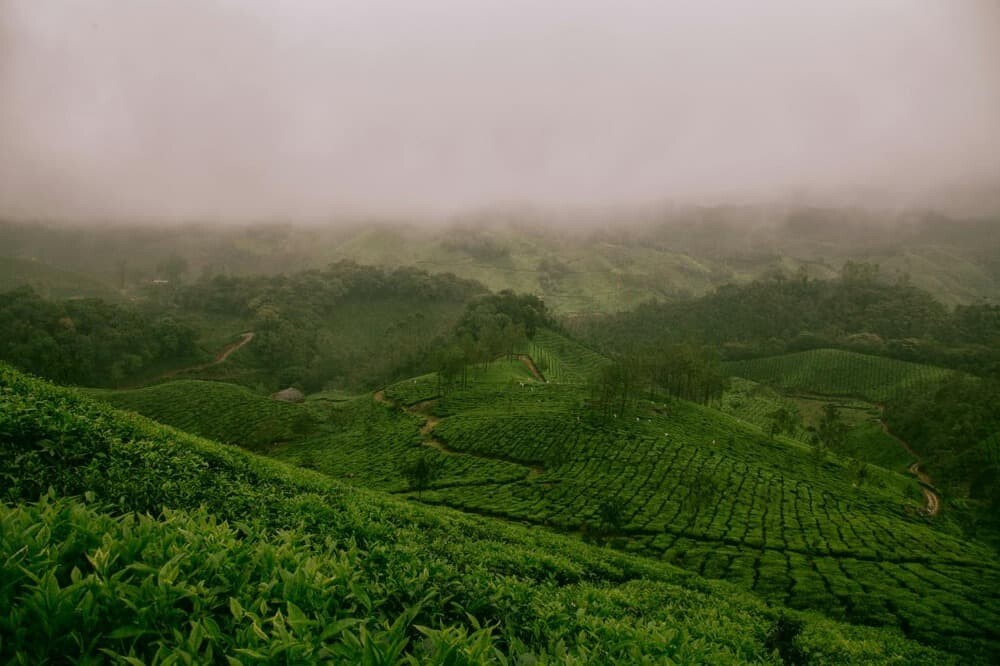Kenya is located in the East African region, bordered to the north by Ethiopia, to the east by Somalia and the Indian Ocean, to the west by Uganda, and to the south by Tanzania. Its capital is Nairobi.
Kenya is known for its diverse geography, which includes savannas, deserts, mountains, lakes, and coastlines, providing a wide variety of ecosystems and biodiversity. It is also one of the world’s leading producers and exporters of tea. The tea industry in Kenya is crucial to both the country’s economy and its cultural identity.
Today, we want to tell you a bit about this, as Cooperating Volunteers has a project located in Gatanga focused on agriculture. In this project, you will have the opportunity to experience local farming practices, assist the farming community by providing extra hands and effort, and immerse yourself in the local culture and community by working on tea plantations.
Working closely with local farmers will not only teach you new skills but also allow you to authentically immerse yourself in a new culture and way of life.

Let’s start from the beginning.
Tea cultivation in Kenya began in the early 20th century during the British colonial period. Tea adapted well to the climatic conditions of Kenya’s highlands, particularly in the regions of Kericho, Nandi, and the Mount Elgon counties. These areas offer a temperate climate, fertile soils, and regular rainfall, creating ideal conditions for tea cultivation.
Kenya primarily produces black tea, which accounts for a large portion of the country’s exports. However, in recent years, there has been growing interest in the production of green tea, white tea, and other specialty teas as global consumers seek a greater variety of products.
Economically, tea is one of Kenya’s largest export products, alongside coffee and flowers. The country is the third-largest tea producer in the world, after India and China, and one of the biggest exporters. Kenyan tea is known for its strong flavor and quality, making it popular in international markets.

Most of the tea produced in Kenya is sold through auctions in Mombasa, one of the most important tea trading centers in the world. The revenue generated from tea exports is vital to the country’s economy, providing income to millions of small-scale farmers who rely on tea cultivation for their livelihood.
Despite its success, the tea industry in Kenya faces several challenges. Climate change is affecting tea-growing areas, with increasingly unpredictable rainfall patterns. Additionally, tea prices in the international market can be volatile, directly impacting farmers’ incomes. To address these challenges, there have been efforts to implement sustainable farming practices, improve production efficiency, and diversify tea products. Organizations and governments are working together to promote fair trade certification and organic tea production.
Culturally, tea plays an important role in the daily lives of Kenyans. It is common to drink “chai” (tea with milk and sugar) during social gatherings, and it is an integral part of Kenyan hospitality. Additionally, the tea industry is a key driver of rural development, as many communities depend on this activity for their survival.
If you want to learn more from local professionals, we invite you to choose the agriculture program and let yourself be amazed as you learn.
WE LOOK FORWARD TO SEEING YOU IN KENYA.




